Powered by RedCircle
Late this summer, my family’s world was rocked as my Aunt Sue died suddenly of a massive heart attack. Within hours, whatever plans for the day had been forgotten. My parents quickly packed and headed up the road. I scrambled to find plane tickets for my family and a sitter for our dog. In just a few short days, friends and family from a thousand mile radius had gathered together to cry, laugh, sing, pray, and say our goodbyes. My sweet aunt, a fixture of my childhood and the chief conspirer to slip mayonnaise into my grilled cheese sandwiches, went to be with Jesus on a Saturday and had her body laid to rest on a Wednesday. I love her, I miss her, and I cannot believe how quickly everything happened.
The speed with which death can intrude on our pleasant lives is astonishing.
The speed with which people can arrange and pull off a funeral service is admirable.
The speed with which a soul can heal from such a loss is agonizing.
The first few days after the loss of a loved one are so filled with shock, traveling, planning, visiting, and short term decision making, it’s very rare to have more than a few moments of quiet to contemplate the new reality.
And then everyone leaves, goes back to their normal lives, and those closest to the person who passed away try to “get back to life” while managing their new normal. In our world filled with speed and machines, the pace of nearly everything in life has rapidly increased. But the pace of grieving and healing cannot be helped by technology. If anything, our modern culture makes it much harder.
What I’ve learned about grief
For the average American, I’ve experienced a remarkably high amount of trials and loss in the last couple of decades. It’s given me lots of opportunity to think about how our culture deals with, or rather doesn’t deal with, pain, suffering, and death. For instance, I’ve gone through a lot in comparison to other middle class Americans. But I’ve still been remarkably sheltered compared to your average Indian, African, Russian, or anyone who lived before the last 75 years. From my limited perspective, here’s what I’ve learned:
- Death and suffering are a normal part of life for most people in the world. Not the American emotional suffering of “fear that I won’t maximize my potential”. More like the suffering that “one or several of my children might die before me”, “we might not have food today”, or “political or natural disaster might destroy everything we have”.
- Because death and suffering aren’t as normal to us, we tend to assume that we should be able to get over it like we would a bad case of the flu or a bout of chicken pox. Take a couple of weeks, deal with it, and then get back to life. If we talked one on one with others, we know this isn’t reality. But it seems to be the pace of the cultural expectations we live in.
- By contrast, even the faithful, God-believing communities found in the Bible stopped life and seriously grieved their lossed loved ones. They had morning periods of 40, sometimes 80 days. They wore widows clothing and mourned. Their friends and family joined them. It gave their souls time to heal, or at least advance the healing.
- I think that we’ve really lost something in our modern culture when it comes to grieving and mourning. It’s almost like we feel guilty for feeling sad for too long. Especially Christians. If they’re not suffering any more, if they truly are in a better place, if I really believe that they are alive and with Jesus, am I being sinful and selfish by wishing they were with back with me? To that, I will give you this example: If my son decides to move to Hawaii, live on the beach with a gorgeous mountain as a backdrop, and gets a great job making $1 million a year, I’m going to be thrilled for him. But I’ll also daily miss his presence. I’ll be really happy for him and really sad too. It’s not an either-or game. It’s both-and.
Enter the Grief Monster
When I was in my 20’s and healing from the loss of my wife, I remember a couple of different people explaining the grief process to me in really helpful terms. When I combine their words together, I get a really helpful model of how to walk through the valley:
Whether it’s a death, a broken relationship, a major sickness of a loved one, or some other deep sense of loss, you can expect multiple visits form the Grief Monster.
The Grief Monster doesn’t schedule times to visit you, it just shows up unannounced. You can have a full day planned, and suddenly you hear this knocking on the door of your soul. You know who it is, but you have so many other things that you’d rather do. So you ignore it. Sometimes the knocking goes away, but often it just continues. Persistent. Louder. Disturbing every relationship, every activity that you have. What can you do to stop this incessant knocking?
Open the door.
Let the Grief Monster in. Stop what you’re doing, pull up a chair, and sit with the Grief Monster. Cry. Mourn. Feel lonely and lost, even if you know that ultimately God will work all of this for Good. Remember that Jesus wept at a funeral just minutes before raising the dead. Just grieve.
If you’ll do this, you learn that the Grief Monster doesn’t really want to stay forever. He’ll get up and leave. Sure, he will come back, but he will leave off the incessant knocking.
If you’ll just give the Grief Monster the proper attention when he comes, Grief actually becomes a healing force instead of a looming shadow in your life.
The world will one day be made new. But it’s not new yet. As the children of God, we acknowledge the sorrow of today even as we look for the hope of tomorrow.
Live. Love. Grieve. Be free.
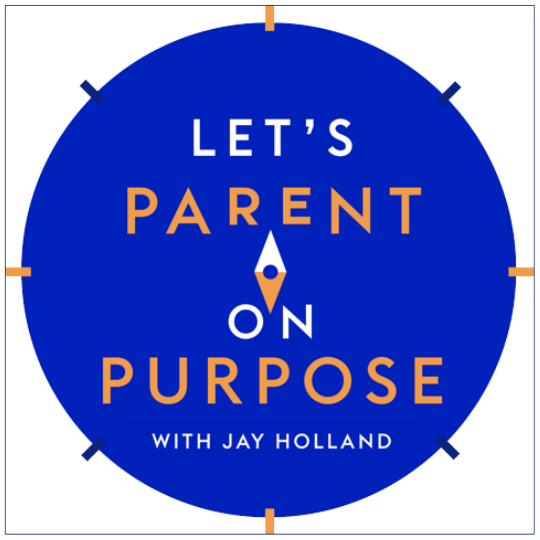

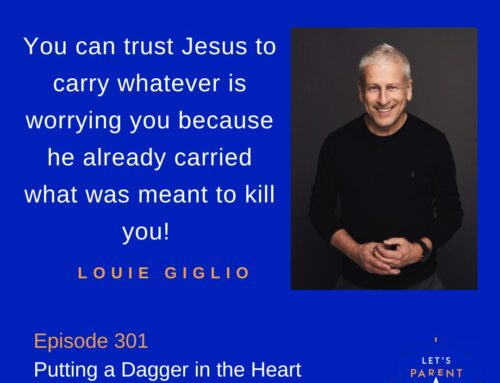
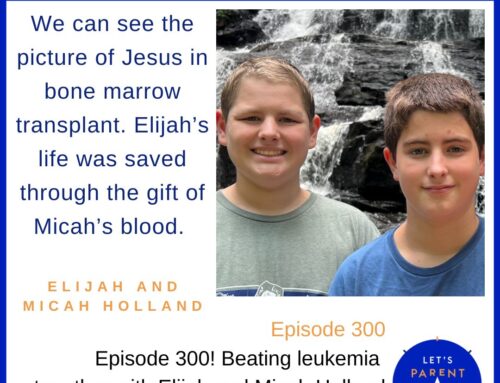
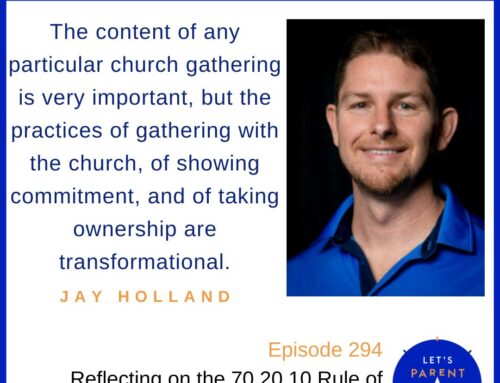
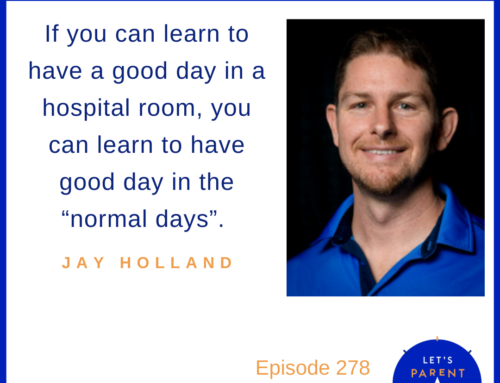
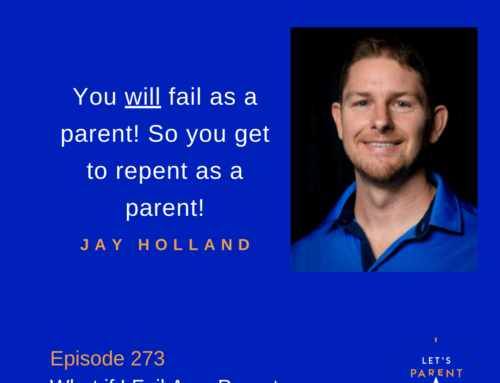
Thank you. Very helpful. It’s been 1-1/2 years and it’s still so hard. Your insight into the Grief Monster really helps. God Bless you.
I’m so sorry to hear that Ann, I pray God’s Spirit comforts you as you walk through your grief.
It seems that’s all I do anymore. Grieve because of Vivian’s illness, grieve for Sue, grieve for a world lost in sin. I am all too familiar with the grief monster and feel he will be with me longer than I want. People tell me that I need to move on but my heart is broken and I think it will take a long time to heal so I will deal with this monster. Thank you Jay for assuring me that this is the best way to handle it!!!
Jay, this is so true. We always shrink back from the Grief Monster and try to keep it inside. This is so poingnantly helpful to just pull up a chair next to him and let the healing begin. That doesn’t make it easier. It just makes it more understandablewisdom. . Thank you for sharing your
Permission to grieve….why do we need to allow ourselves that?Is it pride,fear,or that false belief that as Christians we should be able to handle anything?Thanks Jay for sharing your insights .Facing my Grief Monster one day at a time.
Ann, I think we just assume that everything in life is supposed to happen fast. It used to take people months to travel to the other side of the world, now it happens in hours. So we start thinking that grieving should be efficient too. But it’s not. Praying for you as you celebrate AND mourn your sweet husband.